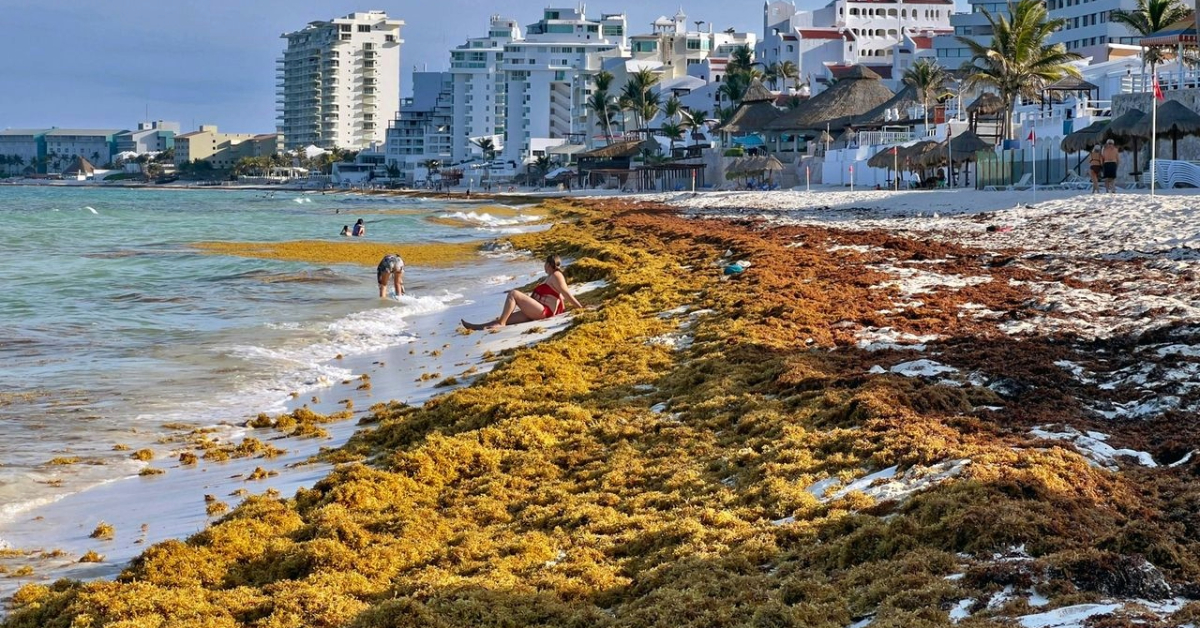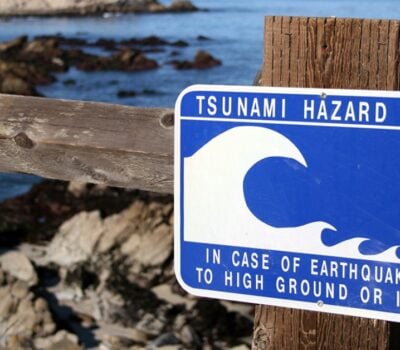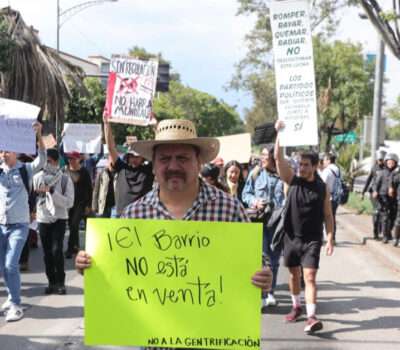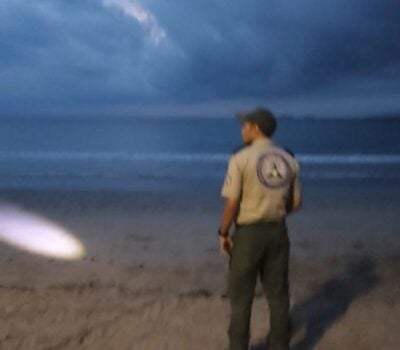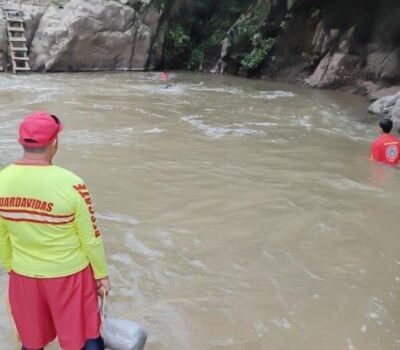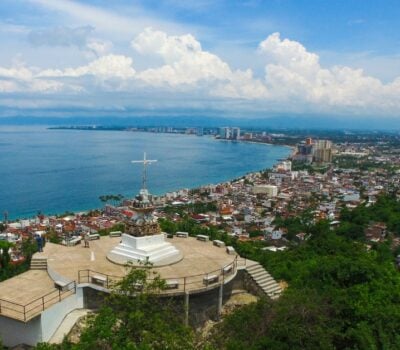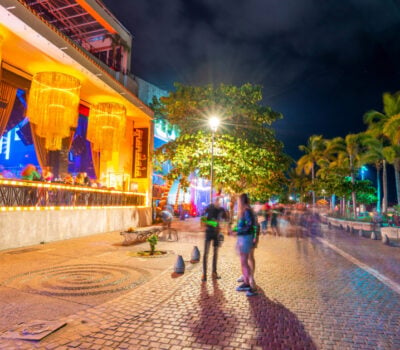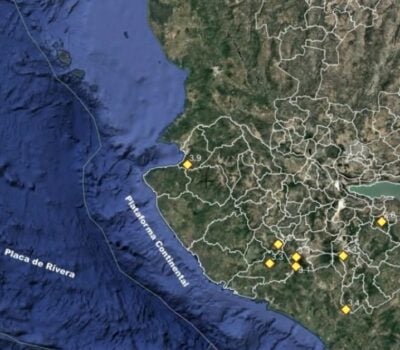The Mexican Caribbean Hotel Council warns move to declare sargassum a natural disaster could tarnish tourism ahead of summer season, urging a science-based response and shared government action to manage recurring algal blooms and protect the region’s economy.
Cancún hoteliers have raised the alarm over a proposal in Mexico’s Senate to officially recognize the seasonal sargassum influx as a natural disaster. The Mexican Caribbean Hotel Council (CHCM) publicly criticized Senator Mayuli Martínez Simón’s motion before the Permanent Commission of the Congress of the Union, arguing that such a declaration risks creating a negative image of the region just weeks before the peak summer travel season.
Industry leaders acknowledge that sargassum washes ashore in overwhelming volumes each year, presenting significant environmental and operational hurdles. However, the CHCM stressed that the phenomenon is both recurrent and seasonal, and therefore must be addressed through reliable scientific data, targeted technical measures, and a coordinated, long-term inter-agency strategy rather than a blanket disaster designation.
Representatives from the council highlighted the proactive role hoteliers already play in mitigating sargassum’s impacts. They allocate their own resources to clear beaches, maintain floating barriers, and safely dispose of the accumulated algae. Despite these efforts, the CHCM called on federal, state, and municipal governments to share responsibility, urging a unified approach to bolster local capacity and avoid placing the full burden on private businesses.
In their formal statement, the CHCM asked Senator Martínez Simón to leverage her position in the Senate to advance concrete legislative and budgetary proposals that strengthen coastal communities’ ability to manage sargassum episodes. They emphasized that without clear government support, the region’s tourism infrastructure could suffer undue stress during future bloom events.
The hotel council also underscored that the Mexican Caribbean commands a global reputation not just for its white-sand beaches, but for its rich cultural heritage, biodiversity, cuisine, and connectivity. They reminded stakeholders that the backbone of this success rests on the daily dedication of thousands of workers whose livelihoods depend directly on a vibrant tourism sector.
Earlier this month, authorities activated the Plan Marina—Mexico’s naval contingency protocol equivalent to the Army’s DN-III Plan—to tackle severe sargassum accumulation and decomposition along the Playa del Carmen coastline. The move illustrates growing concern over public health and environmental risks when massive algal deposits begin to decay and release noxious gases.
As Quintana Roo prepares for the summer surge of visitors, stakeholders face a delicate balancing act: managing the environmental realities of sargassum while safeguarding the region’s prized tourism brand. With debate heating up over the proposal to declare it a natural disaster, the outcome will test the state’s ability to unite private initiative and public policy in preserving both its shores and its reputation.



